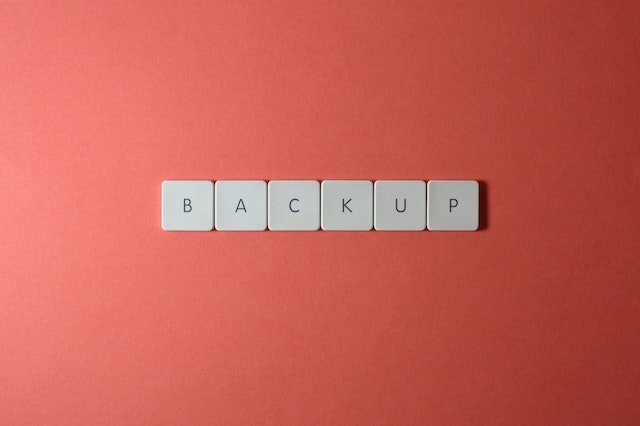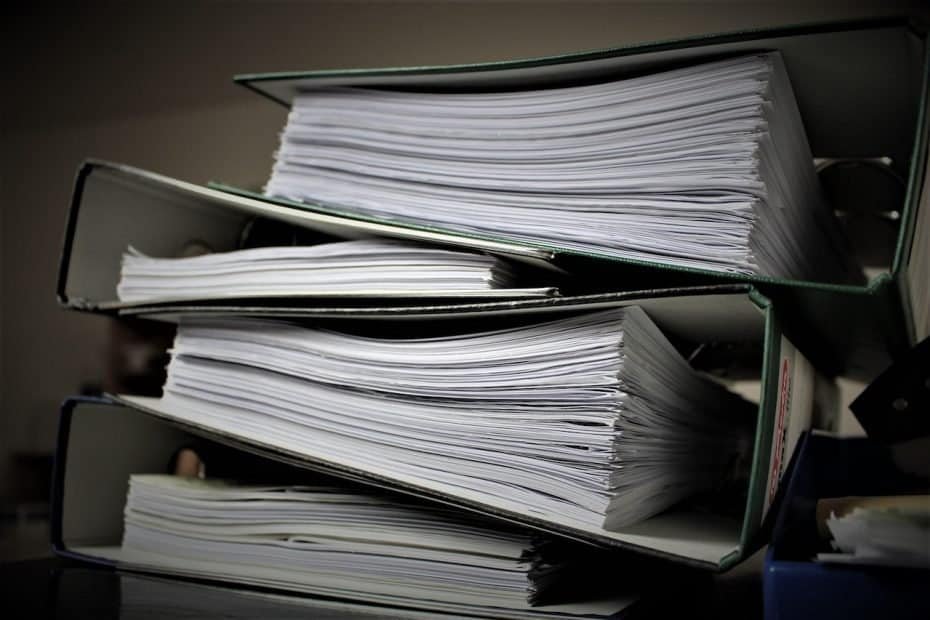Various financial papers must be stored and retained safely and efficiently in professional and personal situations. Understandably, businesses occasionally make mistakes with things like tax reports, invoices, and credit agreements. However, when it comes to storing documents, it is crucial to keep these kinds of records on hand to prevent fraud, shield against legal liability, abide by data protection laws, and keep track of financial projections, particularly in the business world.
Understanding which papers to keep and how to carefully retain their footprint is crucial. Financial records can now be stored and kept physically and digitally, providing more comfort and security. However, it’s essential to be informed of and ready to take advantage of a simplified procedure through such possibilities.
Here are some essential tips for storing your documents safely in place of depending on a storage box tucked under your mattress or a jam-packed home filing cabinet. Secure storage services provide a variety of document storage, retrieval, scanning, and shredding solutions in a timely, organized, and safe manner, so many people keep it here. To securely keep these common items in storage – documents and other paperwork, get in contact with professionals.
Which documents should be stored?
A number of financial records must be retained, depending on your individual situation or line of work. However, some permanent documents must be maintained and kept for a number of years by the average person or corporation. They include:
- Long-term storage of all supporting paperwork and tax returns
- Accounts and credit agreements: yearly for corporate use, monthly for personal use
- Evidence of investments: keeps year-end reports for up to six years.
- Records of income: Dependent upon employment. Self-employed people need to keep records for seven years.
- Purchases: Business purchases are to be noted across expenses, as well as personal purchases for a month and warranty period.
- Trust accounts: Keep year-end records for six years.
- To support personal or commercial liability, financial records should be carefully preserved and easily accessible. Although retention periods can vary depending on the type of document, it is recommended to maintain original papers for up to 6 years with a disposal deadline.
Where should you store paper documents?
It is crucial to store physical papers securely. The dangers of fraud and vulnerability can be greatly reduced with a reliable and private solution.
The ability to retrieve documents from storage is also crucial. Unexpected financial audits may occur, and they will need your input. You will be responsible for providing supporting materials for all claims and accounts. Therefore, physical storage should be safe but organized, provided by a fireproof safe or through our storage services.

By using digital platforms, financial documents can be securely kept, encrypted, and cloud-protected. Documents can be safely stored on the cloud while safeguarded by secure data storage standards, which are also suitable for organization and retrieval. Important records should always be kept in both physical and digital forms. Professionals can provide a helpful timeline from document storage and scanning to secure document destruction. Here are some guidelines for securely storing your financial papers in physical and digital formats.
Most essential tips for storing your documents safely:
Following required timeframes
It’s crucial that you follow suggested deadlines for both storage and disposal. It’s best to have complete accountability across financial documents. Documents should typically be kept for 7 years before being immediately destroyed by a licensed shredding provider.
Be organized
Keeping things organized can make retrieval easier. Yet can also ensure that you have all necessary documentation on hand for security reasons. To organize the storage of your financial papers may seem like a large request. However, there are options available to help you with this.

Create copies
It will be catastrophic to make duplicates and store them incorrectly. However, ensuring that information can be sourced will require producing copies and keeping organized. Copies will be crucial in the event of an accident or lost data. In order to retain all personal information safe, it is critical to keep each copy protected.
Choose a secure storage option
The best advice for securely storing your financial documents is to choose a storage option. All of the above can be completed with the aid of services. Solutions for safe storage will give you the ongoing assurance that your financial records are safe and in the right hands.
Digitize your documentation
Prices for storage choices for documents, both physical and digital, will be advantageous. Due to the intricacy of cyber security, digital solutions can appear to be riskier. However, these days, digital storage can be a safer option thanks to secure data storage and encrypted solutions.
Digital document backup
It is usually a good idea to back up digital records to guarantee that digitization is helpful. Along with cloud-based storage, a physical backup method using a memory card will be recommended.

Best Document Management Software
It might be challenging to choose a document management software solution because so many are available. The ideal option for you will depend on the amount of money you want to spend on a DMS system, the features you require, and the kind of documents you need to store.
- Templafy
- Docuware
- MasterControl Document Control
- M-Files
- XaitPorter
Need a place to keep your stuff? Centennial Moving experts advise that you hire someone who provides both transit storage for home goods and long-term storage for any things you do not currently have ready to transfer.
Enjoy Your Archives!
Almost all there is to know about essential tips for storing your documents safely has been discussed. Hopefully, after reading this, you’ll be more prepared to choose how to keep your documents.

